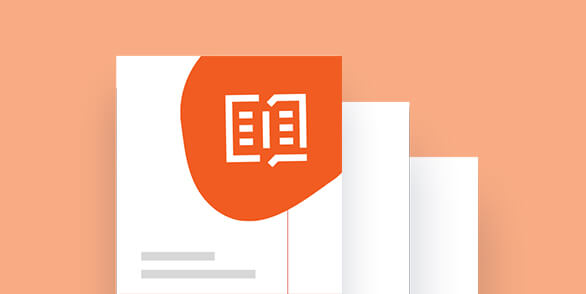When regular payroll services or providers are disrupted, an emergency payroll service provider may help enable the continuation of your company's payroll distribution.
Employers do all they can to maintain business continuity while supporting the needs of their employees. One critical component for employers and employees alike is maintaining payroll processes without disruption. Emergency pay is one option employers can consider as a contingency, to help employees get paid on time, and employers meet their legal obligations—even when the unexpected happens.
Companies with established business resiliency and disaster recovery plans are better poised to maintain their operations. One of the key elements of those plans is establishing contingencies for when systems and processes break down—including payroll.
The increased frequency and severity of natural disasters worldwide speaks to the broader need for planning and preparedness. According to the Insurance Bureau of Canada, each severe weather event in Canada costs between $60 million and $1 billion CAD in insured damages.
Incorporate emergency pay into your business resiliency plan
Emergency pay provides employers with back-up support for payroll process to help minimize disruption during catastrophic events like a natural disaster.
When regular payroll services or providers are disrupted, an emergency payroll service provider could help enable the continuation of payroll for cheque and/or direct deposit.
The key, of course, is to identify an emergency pay provider that has adopted its own framework for disaster mitigation, preparedness, response, and recovery, so they can be relied upon at a time of need.
That framework should include their own risk analysis and planning to include:
- Risk assessment and business impact analysis
- Business continuity planning
- Disaster recovery planning
- Health and safety planning
Digitizing pay to streamline payroll processes
One step that businesses can take proactively is to adopt alternative payment options like pay cards that can help reduce the amount of paper and physical handling required to pay employees.
Maintaining compliance in challenging times
Maintaining payroll to support employees in critical times can be a real challenge. So can ensuring compliance and meeting any applicable legal obligations related to employee compensation. Ensuring that emergency pay processes provide continuity for data, process monitoring and reporting may be crucial for regulatory compliance. It may also be critical to determining eligibility when employers seek to take advantage of disaster-related government programs like the Canada Emergency Wage Subsidy (CEWS), or other natural disaster-related legislation.
Getting back to business
Planning for the next unforeseen event doesn't stop when a crisis ends—it may reveal opportunities to improve and refine processes during times of normal operations as well as during a crisis. HR leaders can play an essential role in developing and maintaining a recovery plan that sustains a business through the best of times, while helping to see their organization through the unforeseen and unexpected.
Learn more
Learn more about ADP payroll and HR outsourcing services available from ADP Workforce Now Comprehensive Services.



